Scalpel-Handle
د.إ0,00
- Available sizes are #3, #5 straight, #5 angled
- More designs and sizes are available on request.
- Can be sterilized and autoclaved
- Durable high grade surgical stainless-steel
- Satin Steel Finishing
- Left-Hand or Right-Hand usage
- Boil Tested, Performance Tested, Shape Tested
Description
Scalpel-Handle
Single Use Scalpels:
Single use or disposable scalpels usually have a plastic handle with an extensible blade. These are single use devices, and the entire instrument must be discarded after use.
Reusable Scalpels:
Reusable scalpels are made of stainless steel or titanium materials. We at HARFINS only offer reusable scalpel handles made of high quality surgical stainless steel. These surgical scalpel handles are manufactured as a single unit instrument. The groove at the tip of scalpel handle allows to fit in and hold the scalpel blades. In medical applications, each scalpel blade must only be use once. The reusable scalpel blades are usually individually packed in sterile pouches but are also offered non-sterile.
We at HARFINS manufacture the medical scalpels in various sizes and designs. There are two most commonly used scalpel handles are flat & round handles. The flat handle is used in #3 and #4 handles. A #4 handle is larger than a #3. The #5 handle is round shaped with smooth gripping. The #7 handle is more like a long writing pen, rounded at the front and flat at the back. Blades are manufactured with a corresponding fitment size so that they fit on only one size handle.
Scalpel Handle Gripping:
Palmar Grip:
The handle is held with the second through fourth fingers and secured along the base of the hand thumb, with the help of index finger extended along the top rear of the blade and the thumb along the side of the handle. This grip is best for initial incisions and larger cuts. This is also known as the dinner knife grip.
Pencil Grip:
The scalpel is held with the tips of the first and second fingers and the tip of the hand thumb with the handle resting on the fleshy base of the index finger and thumb. Care should be taken not to allow the handle to rest too far along the index finger as this promotes an unstable grip and cramped fingers. The pencil grip is used for more accurate cuts with smaller blades (e.g. #15) and the #7 handle.
How to Use Scalpel Handles:
These instructions have been taken from booklets, developed by the Clinical Skills Lab team from the School of Veterinary Sciences, University of Bristol, UK. These instructions illustrate one way to perform a skill and it is acknowledged that there are often other approaches. Before using these instructions, please check in the operation facility, whether the approach illustrated is acceptable in their context or whether an alternative method should be used. Before following these instructions, you must adopt safe working procedures and take your own risk assessments, checked by your facility (Clinics, University or College etc.). HARFINS GmbH will not be liable for any loss or damage resulting from failure to adhere to such practices.
Scalpel Blade Attachment:
- Open the scalpel packet by peeling the flaps apart. Hold the blade within the packet, with forceps (use artery or tissue forceps, do not use rat-toothed forceps). If working aseptically, the blade may have been emptied from the packet (e.g. onto a sterile drape); in this case use forceps to grasp the blade directly.
- Ensure the packet is open enough so that the slot to attach the handle is visible.
- Ensure that the blade and scalpel holder are the correct way round by checking that the diagonal lines (on the handle and the end of blade, yellow arrows) are parallel. Push the tip of the handle into the hole in the blade, then slide the handle forward to fit the blade into the groove.
- The blade should be firmly and neatly attached to the handle –do not check this with your fingers! Remove the blade from the package.
Scalpel Blade Removal:
- Use artery forceps or needle holders to grasp the end of the blade nearest the handle on the blunt edge.
- Lift up the blade, bending it slightly (while being careful not to snap the blade) and slide it forward and off the handle, always pointing away from you and others.
- This is an enlarged image with arrows illustrating the movements in step 2.
- The blade is moved forward and free from (off) the handle.
- Dispose of the blade in a sharps bin.
Do not leave the blade lying around in a surgical pack or anywhere else; it is your responsibility to dispose of the blade safely.
Scalpel Blades Compatible Handles:
#3 Scalpel Handle: The 3 Bard Parker style scalpel handle with metric ruler is used for cutting gingival tissue and making surgical incisions. Handle is 4.9″ long and 13mm wide at base. Compatible with standard scalpel blade sizes. The popular size #10 and size #15 scalpel blades will fit on a size #3 handle, however scalpel blade sizes such as No.6, 9, 11, 11P, 12, 12D, 13, 14, 16, 40 will also fit on a size #3 scalpel handle.
#5 Straight and #5 Angled Round Scalpel Handle: These are used for cutting gingival tissue and making surgical incisions. The 5 Round Scalpel Handle provides greater rotational movement with fingertip control and enhances dexterity. The 5 Offset Angle Scalpel handle design is ideal for posterior and palatal areas and provides greater rotational movement with fingertip control while enhancing dexterity. Handle is 5.8″ long with a 30° angle. Compatible with standard scalpel blades including 6, 9, 10, 10a, 11, 11P, E11, E/11, 12, 12D, 13, 14, 15, 15A, 15C, 15T, D/15, 16, 17, 22 and 40 blades.

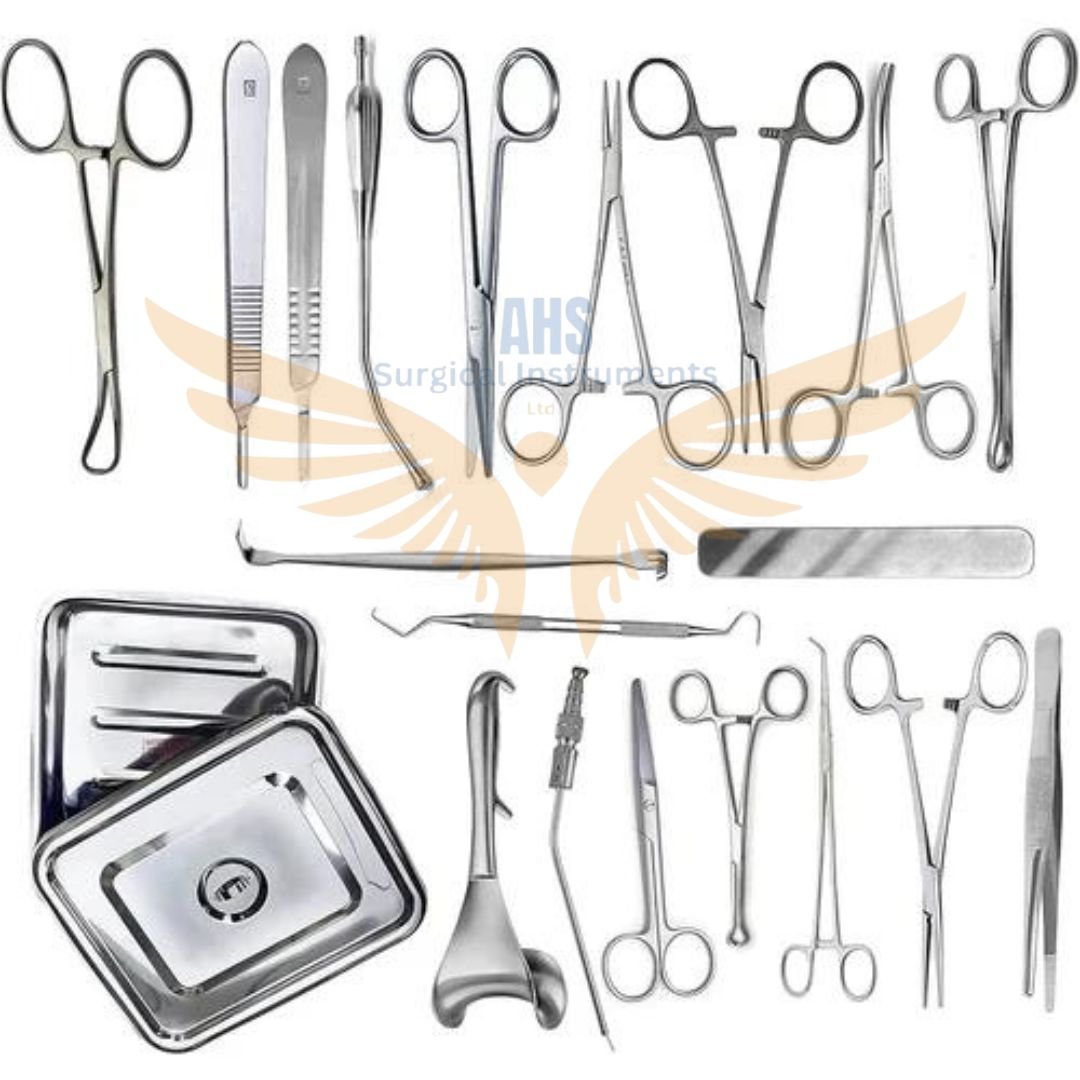
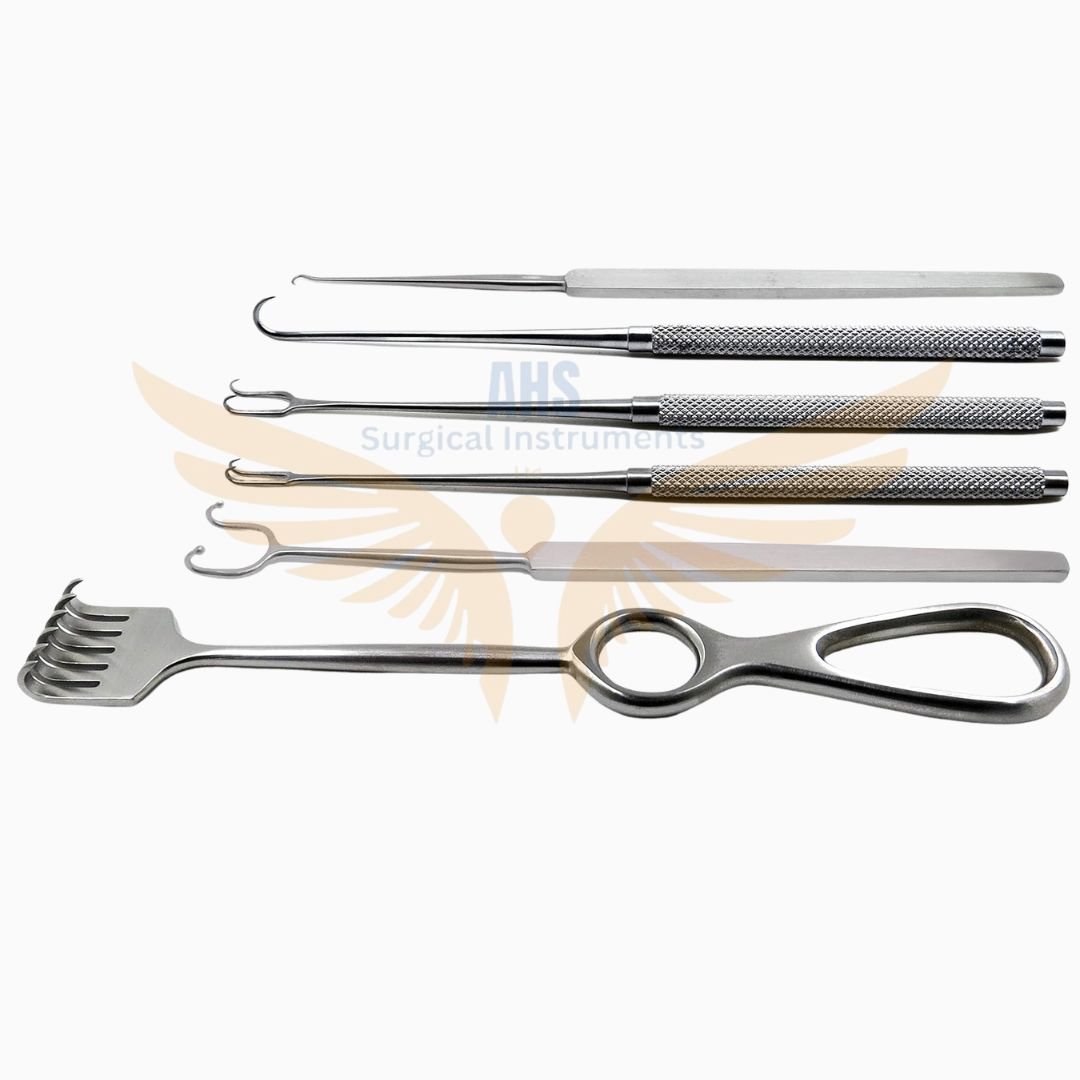
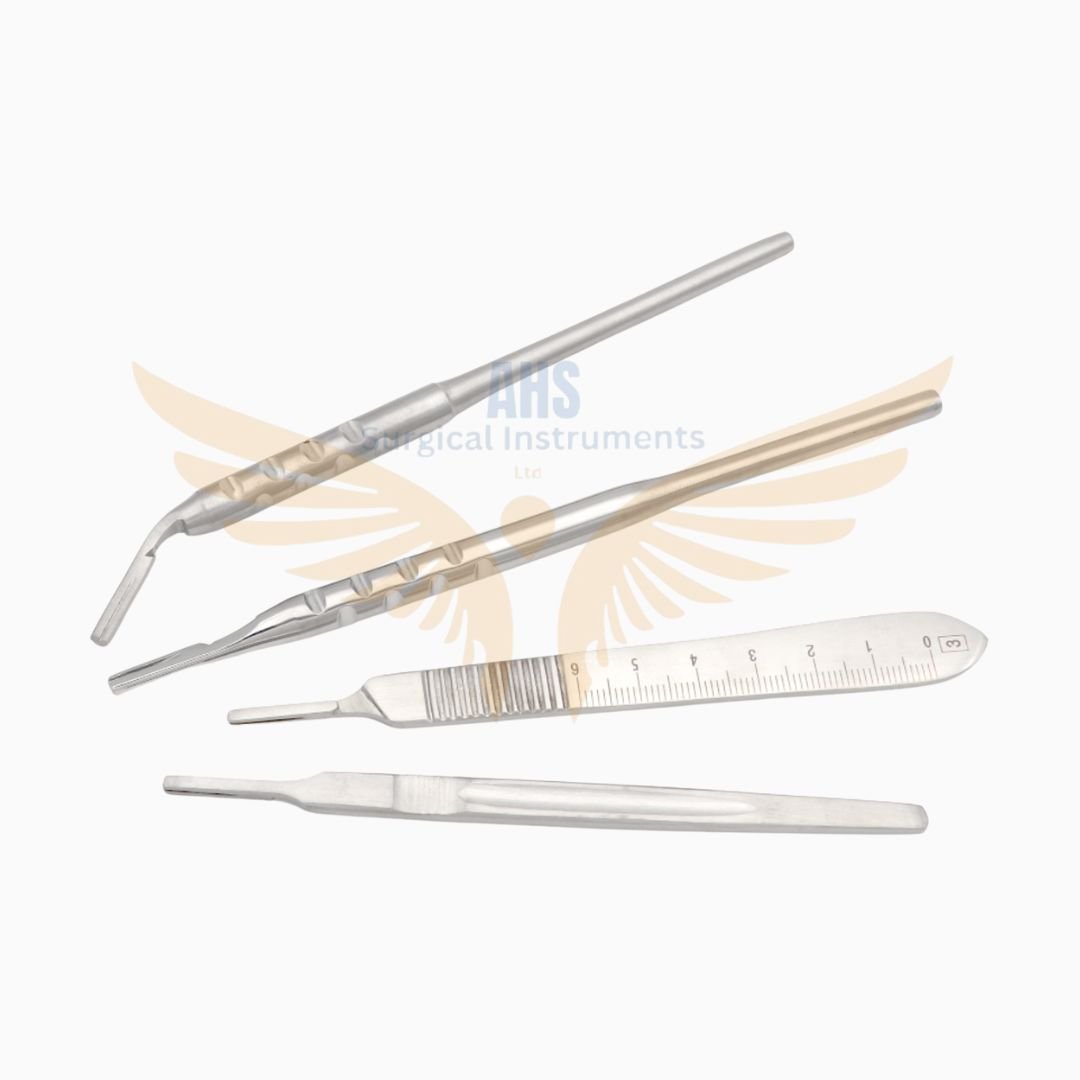




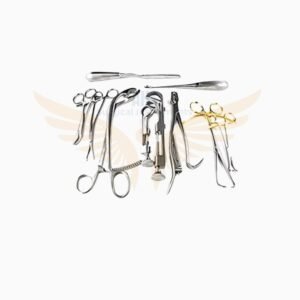
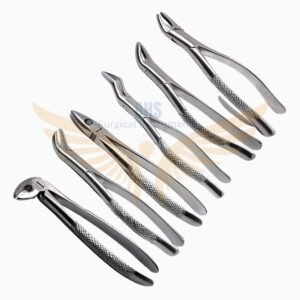


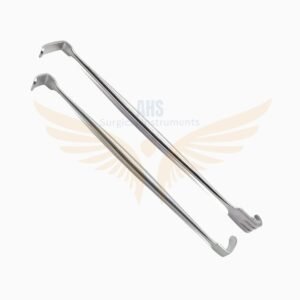


Reviews
There are no reviews yet.